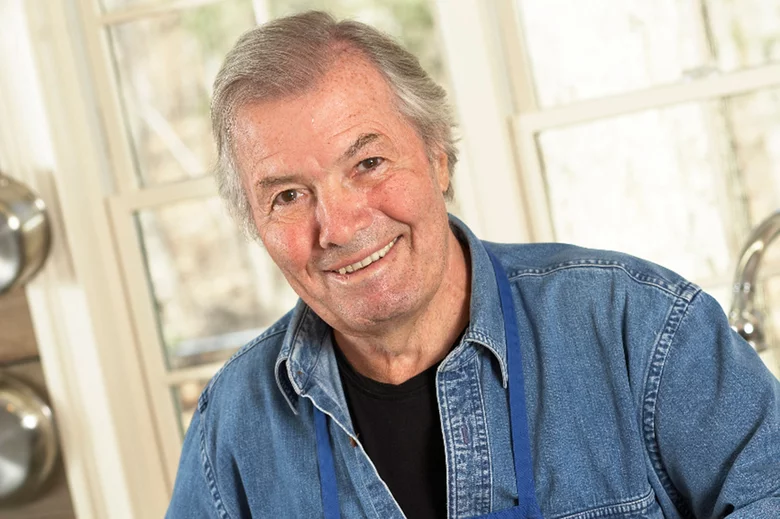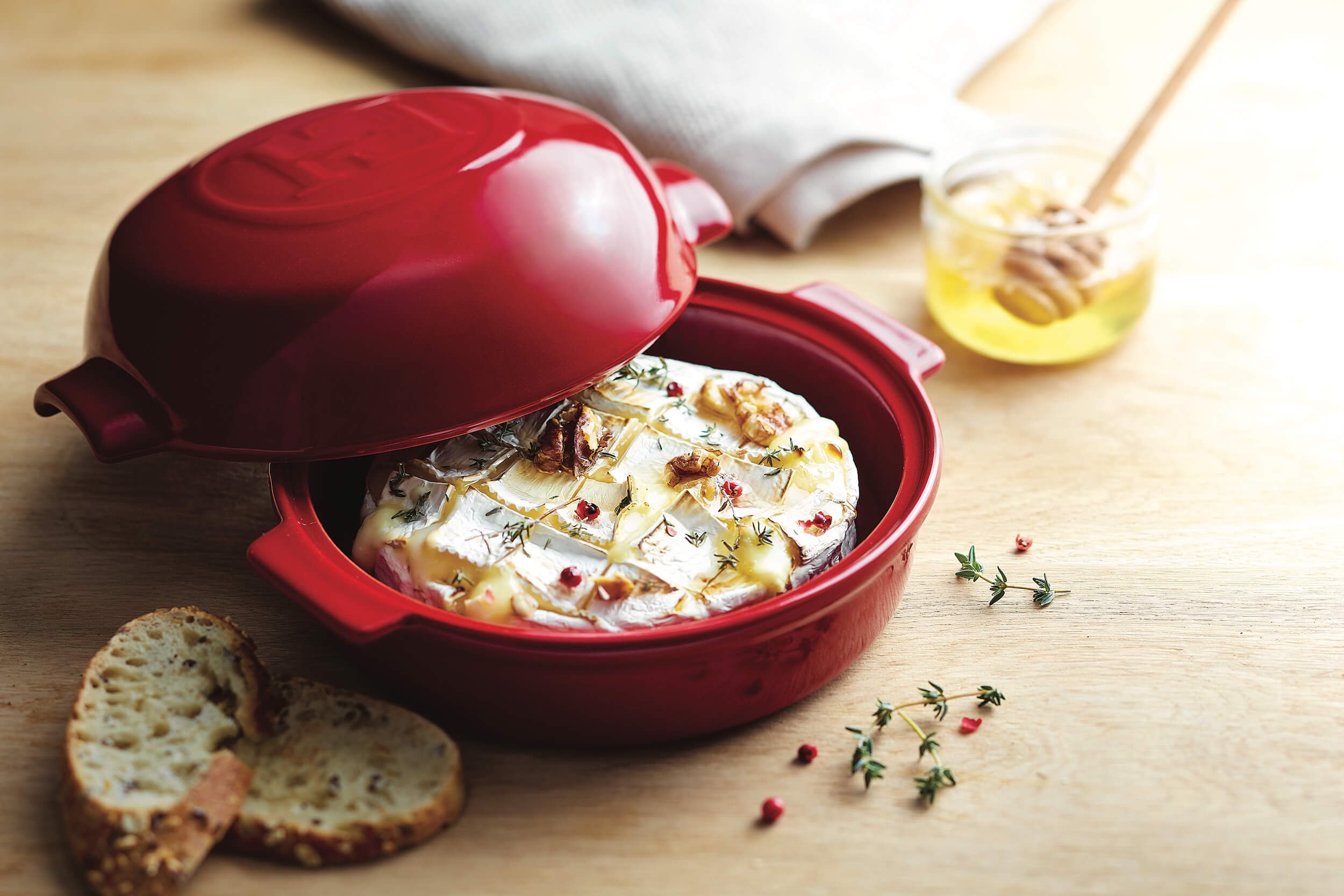
I’m just going to say it. I hate it when actresses or country music stars write cookbooks. First of all, I don’t believe they write them, I believe they hire ghost writers and use their celebrity to sell them. But now, I’m going to give you the one exception to this rule and why. Extra Virgin is written by the glamorous actress Debi Mazar and her Tuscan husband Gabriele Corcos. Together they cook up a storm on their quirky food TV shows. Corcos is the real deal. I lived in Tuscany and he cooks just they way I remember. It’s the recipes but also the style of cooking that he captures so well even in the few non-Italian recipes.
This is food I fell in love with when I lived in Italy and am happy to make in my own kitchen. I promise you too will love the ridiculously easy recipes for Pappardelle with Duck Ragu, Shrimp and Zucchini Risotto (made with Carnaroli rice!) Sausage and Beans, Beef Stew with Polenta and the Cod Florentine Style. These are comfort food dishes I ate in Florence and I adore. I am grateful to Debi Mazer for sharing the culinary prowess of her husband with a wider audience. I was particularly pleased to note that their recipe for making Lasagne Alla Bolognese, is EXACTLY the same as mine.
 I have Eataly envy. After visiting Eataly in NYC I desperately wish there was one here. The complex--I really don’t know how else to describe it--has shops, restaurants, bars, a cooking school and selection of products that makes me homesick for Italy.
I have Eataly envy. After visiting Eataly in NYC I desperately wish there was one here. The complex--I really don’t know how else to describe it--has shops, restaurants, bars, a cooking school and selection of products that makes me homesick for Italy.How to Eataly is not just a cookbook, but a kind of guide to how Italians shop, cook and eat with wonderful photos and all kinds of mini tutorials. The recipes go beyond the well-known and include the kinds of things people really do eat in Italy like lentil soup with Italian sausage meatballs, grilled polenta with mushroom ragu, celery root and apple salad and stuffed zucchini blossoms.
The guides in the book include everything from a discussion about Parmigiano Reggiano and Grana Padano, to how Italians use leftover bread, to how to make mozzarella and how to taste olive oil and how Italians eat pizza. It’s not comprehensive and it’s certainly not definitive, because it really can’t be. But it’s a really fun and fascinating book for any Italian food lover.
Diane Kochilas is yet another chef I met at the CIA Worlds of Flavor conference a few years ago. Her new book, Ikaria (subtitled lessons on food, life, and longevity from the Greek island where people forget to die) features a range of ingredients and dishes that go far beyond the same old spanikopita and gyros you find everywhere outside of Greece. Wild foraged ingredients especially greens are common in the cuisine of the island of Ikaria, where the authors parents came from. Her recipes also include some meat and seafood, but vegetables and legumes are the core.
Recipes I can’t wait to try include Taro Root Skordalia, Mushroom Stew with tomatoes and red wine, Purslane and Olive Salad, Eleni Karimali’s Noodles with Yogurt and Herbs and Simple Onion Pie. The photos, stories about life on the island and recipes are irresistible and will significantly increase your knowledge of Greek food, and just possibly your life span.
When I was growing up, one of my favorite restaurants was French Lebanese. The people running it were friendly and the food was divine. Unfortunately Le Petit Lebanon closed eons ago and my main resources for cooking Lebanese food have been a little booklet I picked up in London at Books for Cooks and Joumana Accad’s lovely blog, Taste of Beirut. Now there’s a cookbook Taste of Beirut that features many classic recipes and a guide to the ingredients used in the cuisine as well. Because I’m a fan of the blog, my favorite recipes are the ones with headnotes telling stories. Most of the recipes are very healthy, using whole grains, vegetables, legumes and lean meats. There are quite a few vegetarian recipes.
This is a cuisine that is really easy to love and there’s plenty of room for more Lebanese cookbooks. I don’t know if I will ever get to Lebanon, but Joumana Accad definitely transports me there through her recipes. You will want to make her Lebanese Couscous with Chicken, Zaatar and Yogurt Cheese Hand Pies, Fattoush Salad, Turnip Pickles, and some of Accad’s own creations like her baked not fried Falafel Loaf with Tarator Sauce, Red Lentil and Pumpkin Dip or Roasted Cauliflower and Potato Sandwich. The photos are good in the book, but I wish it were hardcover. It’s paperback and my copy is already beginning to show some wear and tear.
This is a cuisine that is really easy to love and there’s plenty of room for more Lebanese cookbooks. I don’t know if I will ever get to Lebanon, but Joumana Accad definitely transports me there through her recipes. You will want to make her Lebanese Couscous with Chicken, Zaatar and Yogurt Cheese Hand Pies, Fattoush Salad, Turnip Pickles, and some of Accad’s own creations like her baked not fried Falafel Loaf with Tarator Sauce, Red Lentil and Pumpkin Dip or Roasted Cauliflower and Potato Sandwich. The photos are good in the book, but I wish it were hardcover. It’s paperback and my copy is already beginning to show some wear and tear.
Disclaimer: These books were provided as review copies, this post also includes affiliate links.







